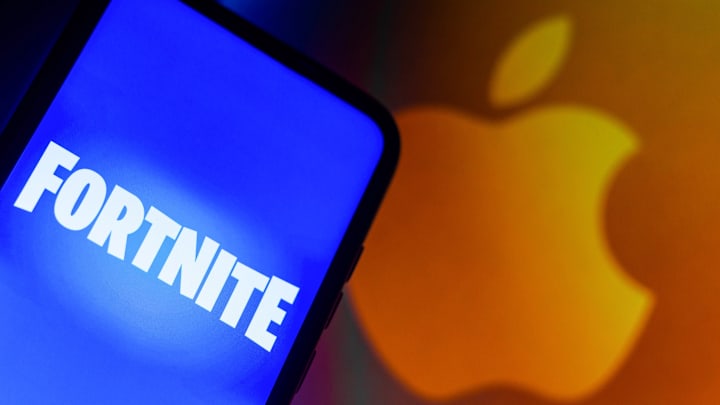The legal showdown between Epic Games and Apple rages on, with recent developments shedding light on the intricate dynamics of the dispute.
In a pivotal online trial, District Judge Yvonne Gonzalez Rogers intervened, issuing a restraining order against Apple's efforts to restrict developers' use of the Unreal Engine.
Citing the widespread utilization of the Unreal Engine across various industries, including gaming, film, and animation, Judge Rogers emphasized the potential repercussions of Apple's actions on third-party developers and the gaming community at large.
Her decision to suspend Apple's plan underscores the critical role of the Unreal Engine in powering not just games but also multimedia experiences.
Who else is hyped for Fortnite Chapter 2 OG? 🔥 pic.twitter.com/qLhiSheena
— Finzy (@Finzy) April 22, 2024
The suspension remains in effect until a definitive ruling is reached in the ongoing legal battle between Apple and Epic Games. Additionally, Judge Rogers ruled against Apple's directive to reinstate Fortnite on the App Store, citing Epic Games' breach of the platform's guidelines for third-party apps.
As a consequence, iPhone users are left unable to access Fortnite, a move Judge Rogers attributed to Epic Games' disregard for the terms of their agreement with Apple. The repercussions extend beyond Fortnite players, impacting the broader ecosystem of developers and third-party entities.
Despite Epic Games' fervent efforts to secure the return of Fortnite to the App Store, the court's decision dealt a blow to their aspirations. This means that Fortnite enthusiasts may face continued exclusion from the iOS platform, a stark reality stemming from the clash between corporate giants.
The origins of the dispute trace back to Epic Games' strategic maneuver earlier this month, where they introduced a direct in-app payment system for Fortnite on iOS and Android, violating Apple and Google's app store policies. Apple's swift response, removing Fortnite from the App Store, ignited a legal battle that has since captured the attention of the gaming industry.
With both sides entrenched in a battle for dominance, the outcome of this legal skirmish holds profound implications for the future of app distribution and developer relations.
